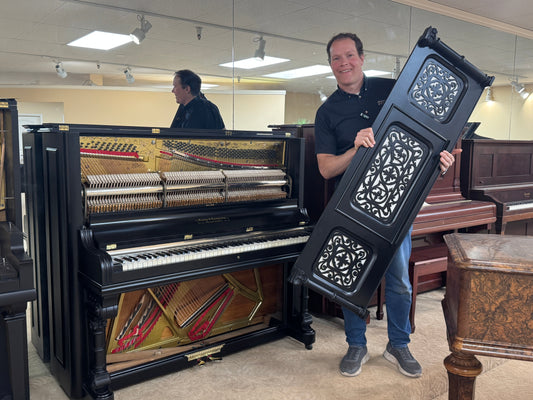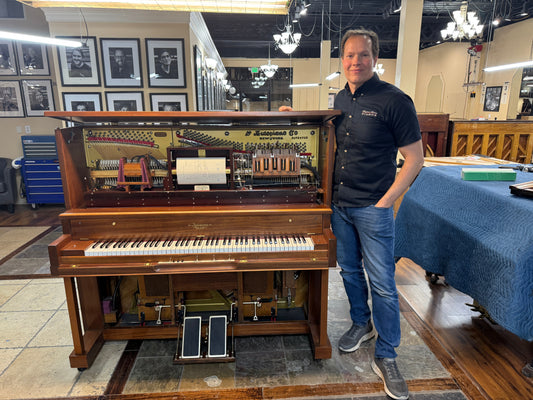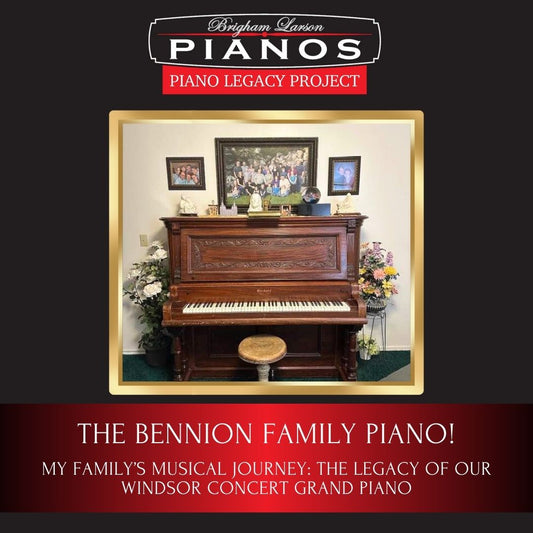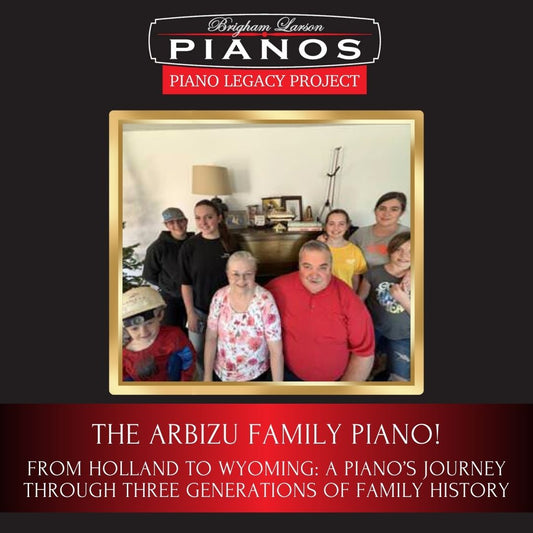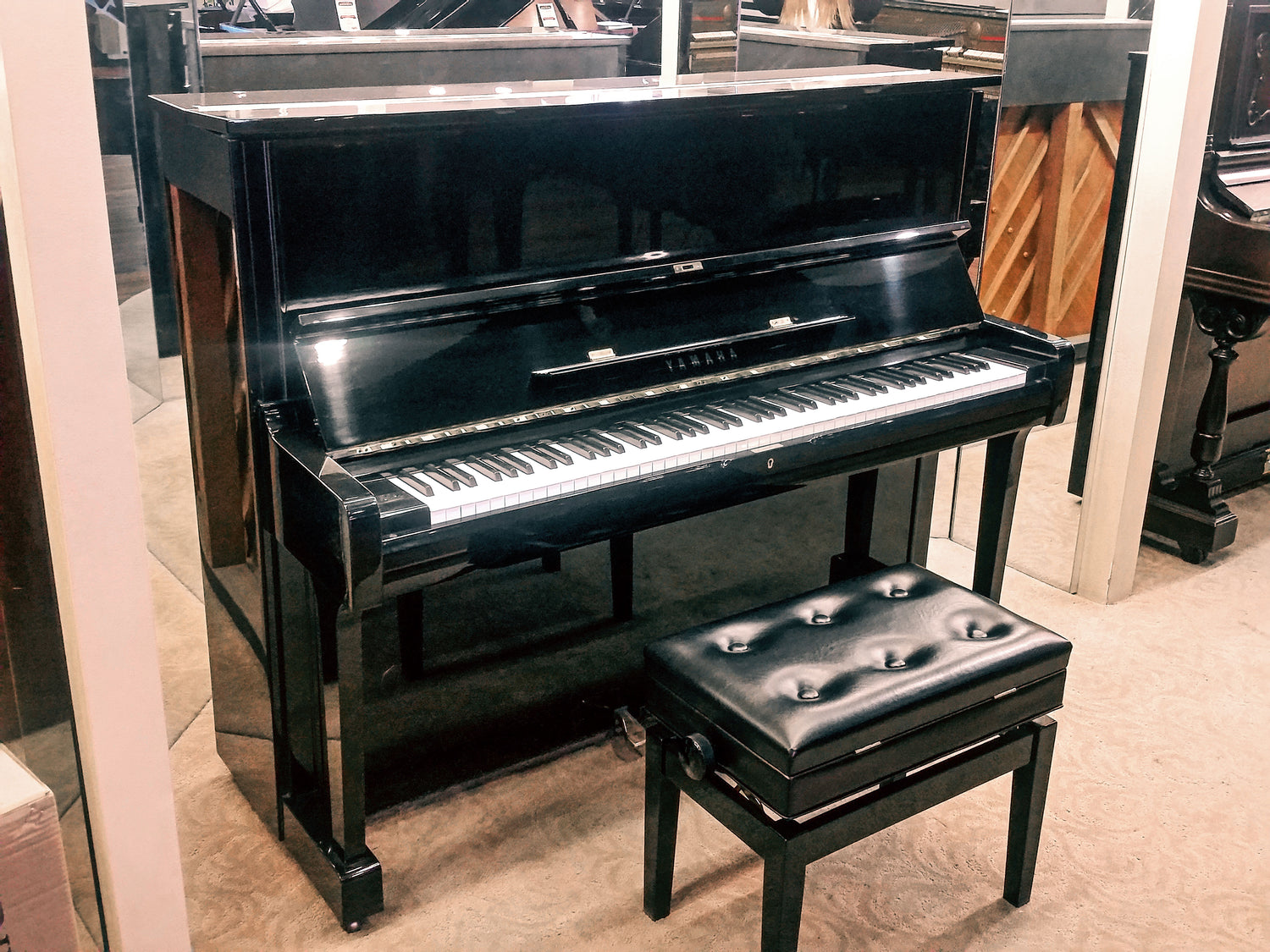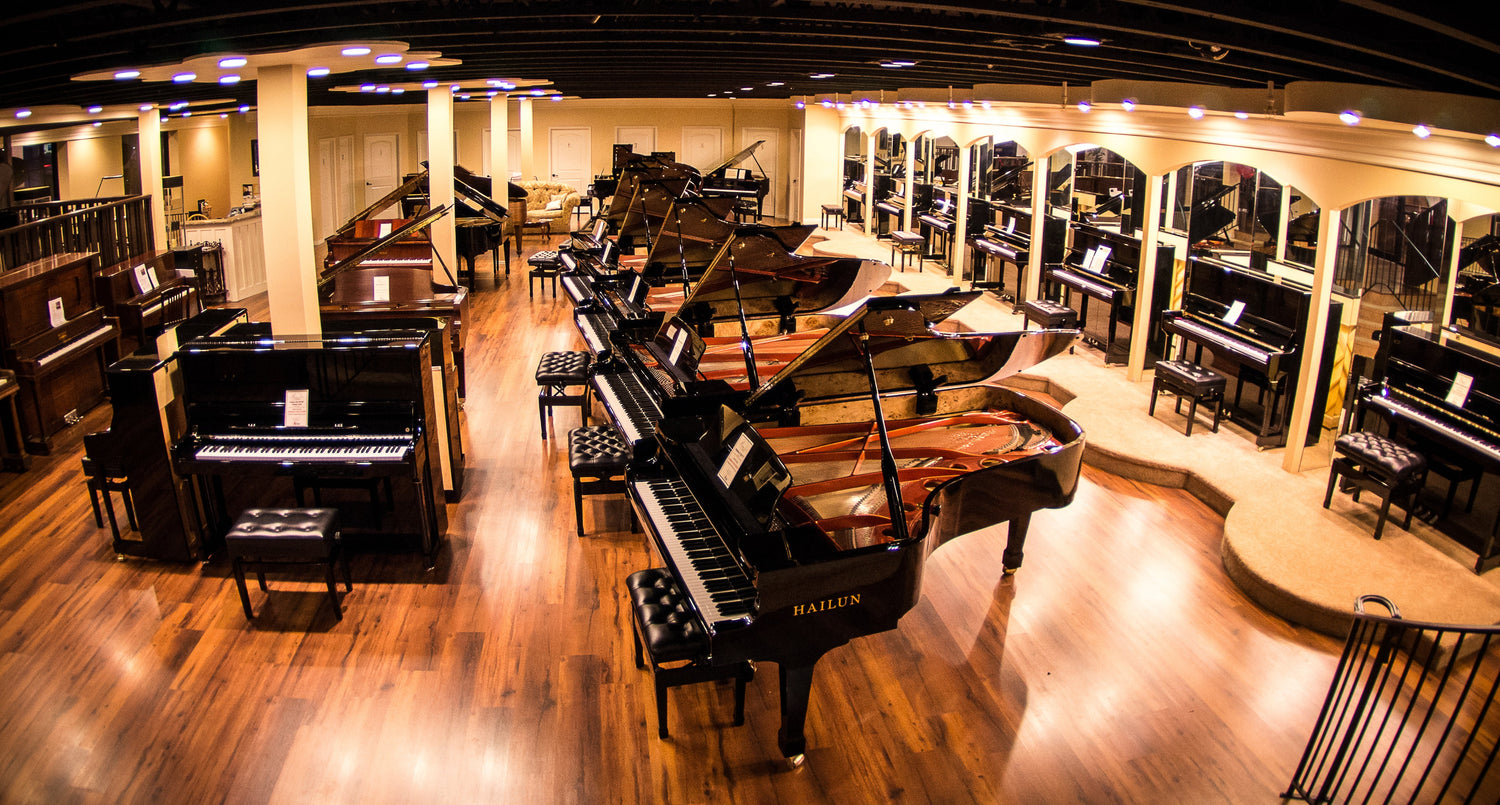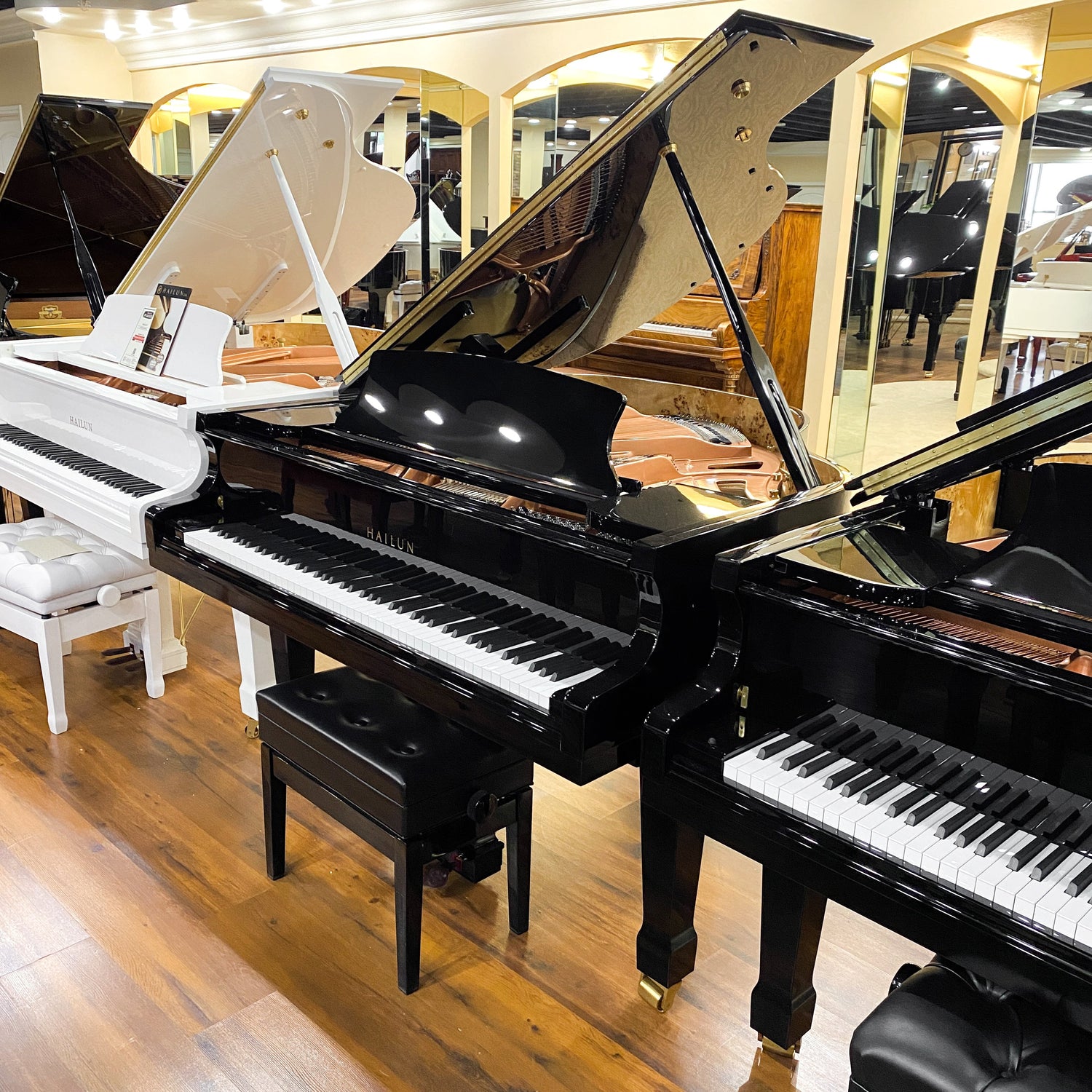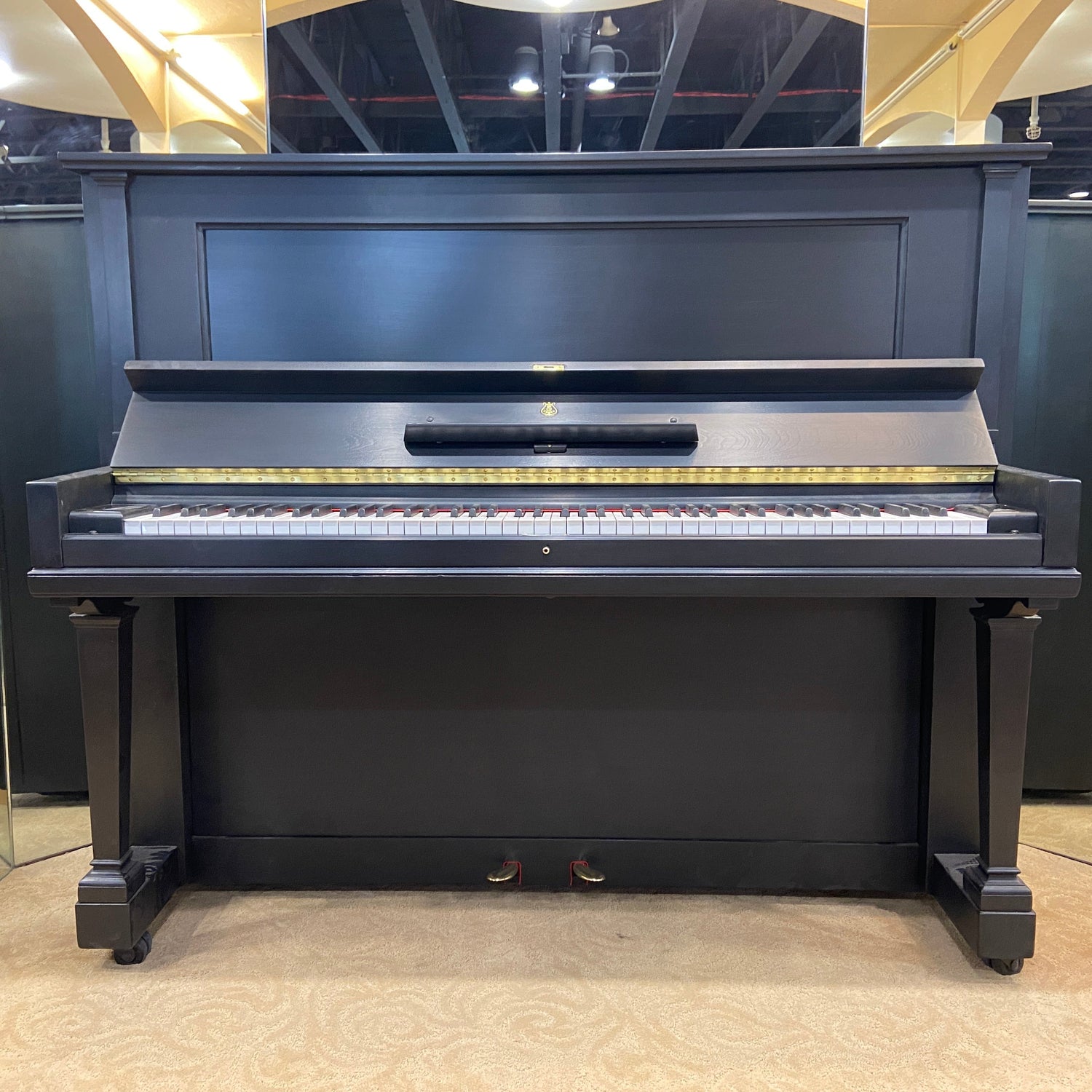
How Apathy Kills Heartfelt Performances
Karmel LarsonShare
At our recent recitals here at the Piano Academy, we had several great performances and some performances that allowed me as a teacher to instruct my students further in performing under pressure and dealing with performance anxiety. In the week after the recital, I had the opportunity to help my students take a step back and examine each of their performances in an objective light. During one of those conversations, I had a student remind me of another struggle that can kill heartfelt performances: apathy.
While receiving my bachelor's degree in piano performance, I would say that one of my greatest struggles was performance anxiety. I made a lot of strides in that area during those years. During graduate school, performance anxiety was still something that I dealt with, but I would say that an apathetic approach to performing became my main dragon to fight.
I'm not exactly sure why this was a struggle, but I imagine it was in part because I was just burned out from school. I had gone straight into my master's immediately after finishing my undergrad, and I was just tired. Practicing and performing became somewhat commonplace, and while that meant that I often did not get as nervous as I once did, it also meant that I did not put energy and heart into my performances.
Fortunately, I had a few moments of awakening. One happened during a particularly bad performance in front of faculty and other piano majors (just another example of how bad performances can actually be very beneficial). I had a pretty horrendous memory slip. After talking with my professor about it, we realized this memory slip was caused by two things: first, I had gotten overly nervous and anxious, and second, I had not really focused on the music and was not caring about the quality of the performance I gave. That made me kind of sit up and start taking note of my attitude toward performing and even toward practicing.
Soon after, I had another experience that really woke me up to my problem with apathy. This was a simple performance at the beginning of my weekly lesson with my professor. It wasn't a horrible performance, but it was not my best. It was spattered with memory slips, and it was, overall, just a lifeless performance.
When it was over, I looked sheepishly at my professor, expecting him to tell me I just needed to practice more, in response to which I was already preparing to tune him out. I knew there wasn't any way I could fit more practicing into my extremely full schedule. But he didn't say anything about practicing more. He just looked at me, and then he said something that has stuck with me ever since. He told me how extremely privileged I was to even be able to play the difficult and sublime music I can play. He pointed out that most people are not capable of playing this kind of music. And then he explained that this music is so divine that nobody should ever play it casually. To play such music should always be an intentional act of bringing beauty into the world.
I thought a lot about what he said at the time, and I've thought much about it since that encounter. It's a principle I try to communicate to my students now: music making is a tremendous gift and responsibility. It should never be done casually or thoughtlessly. It should be done with great care, focus, and with the intention to communicate beauty.


